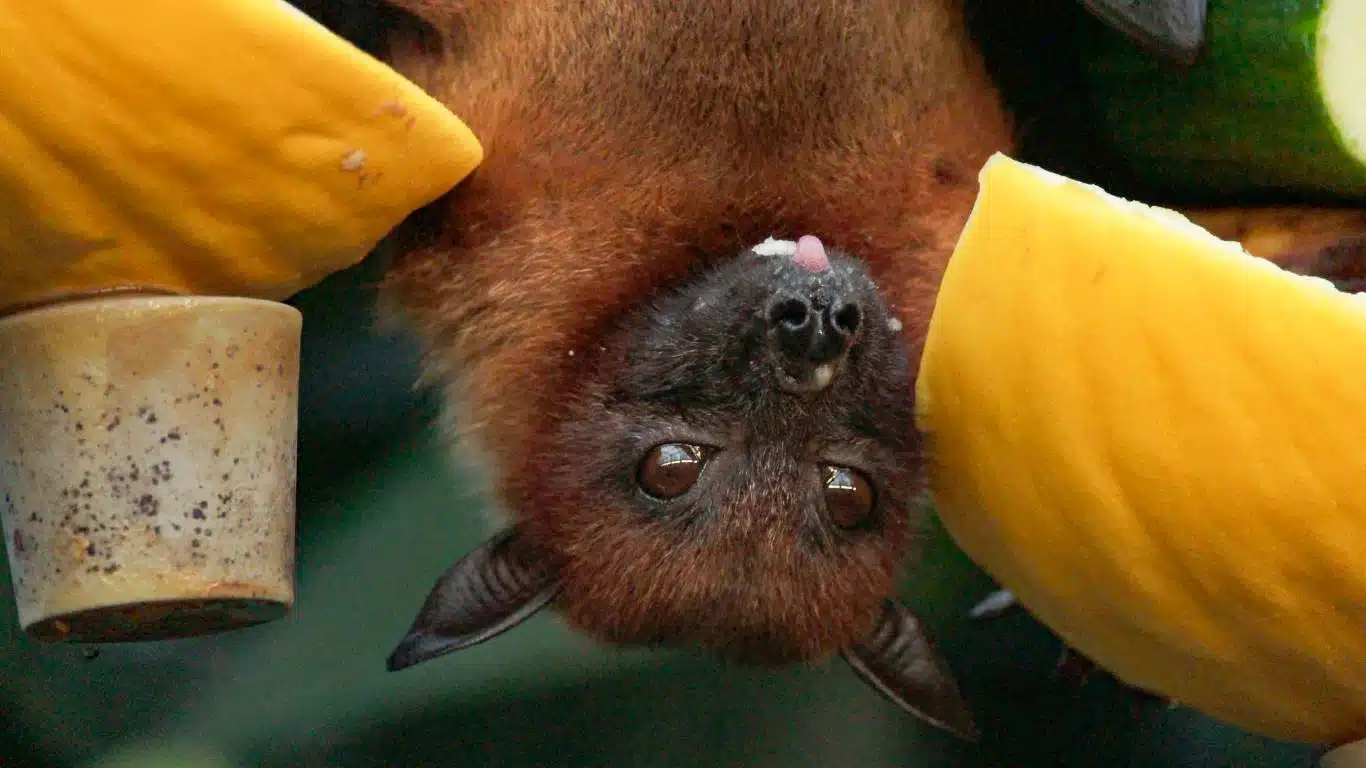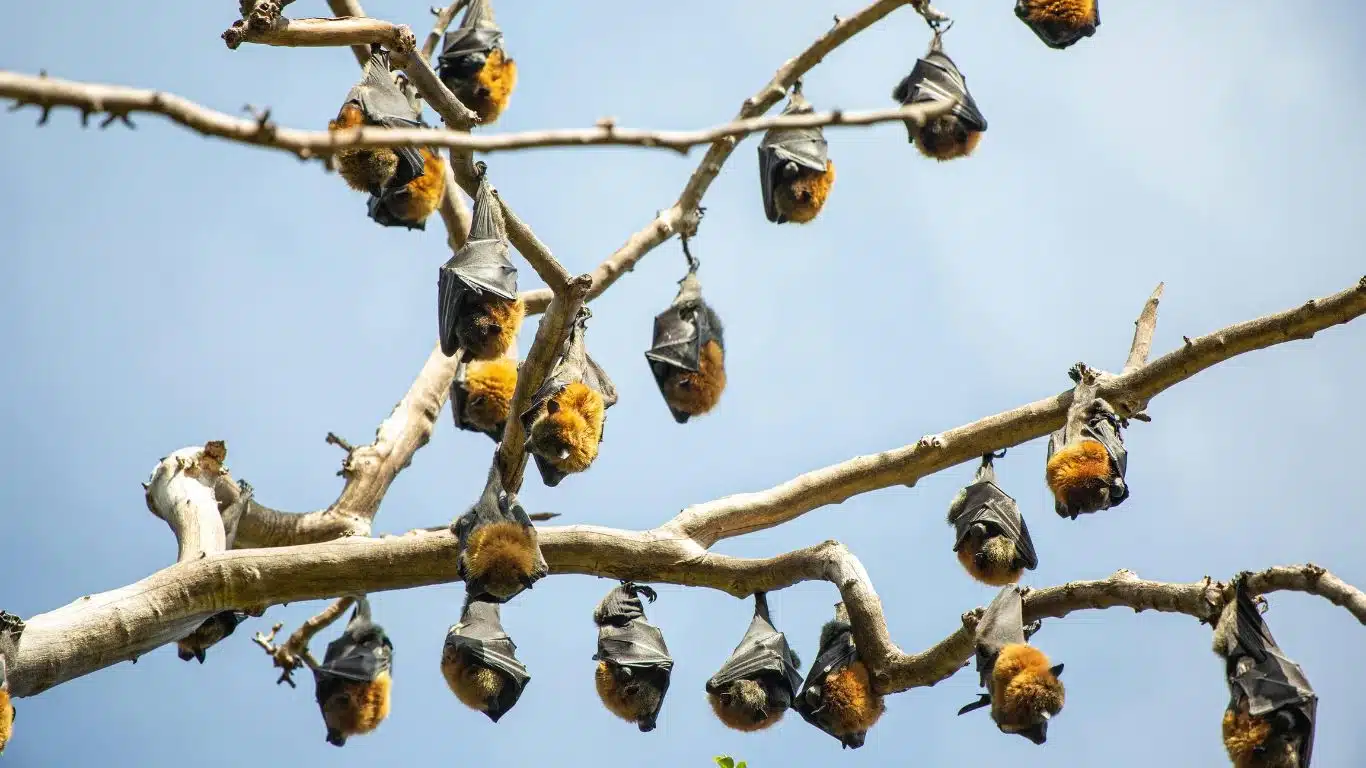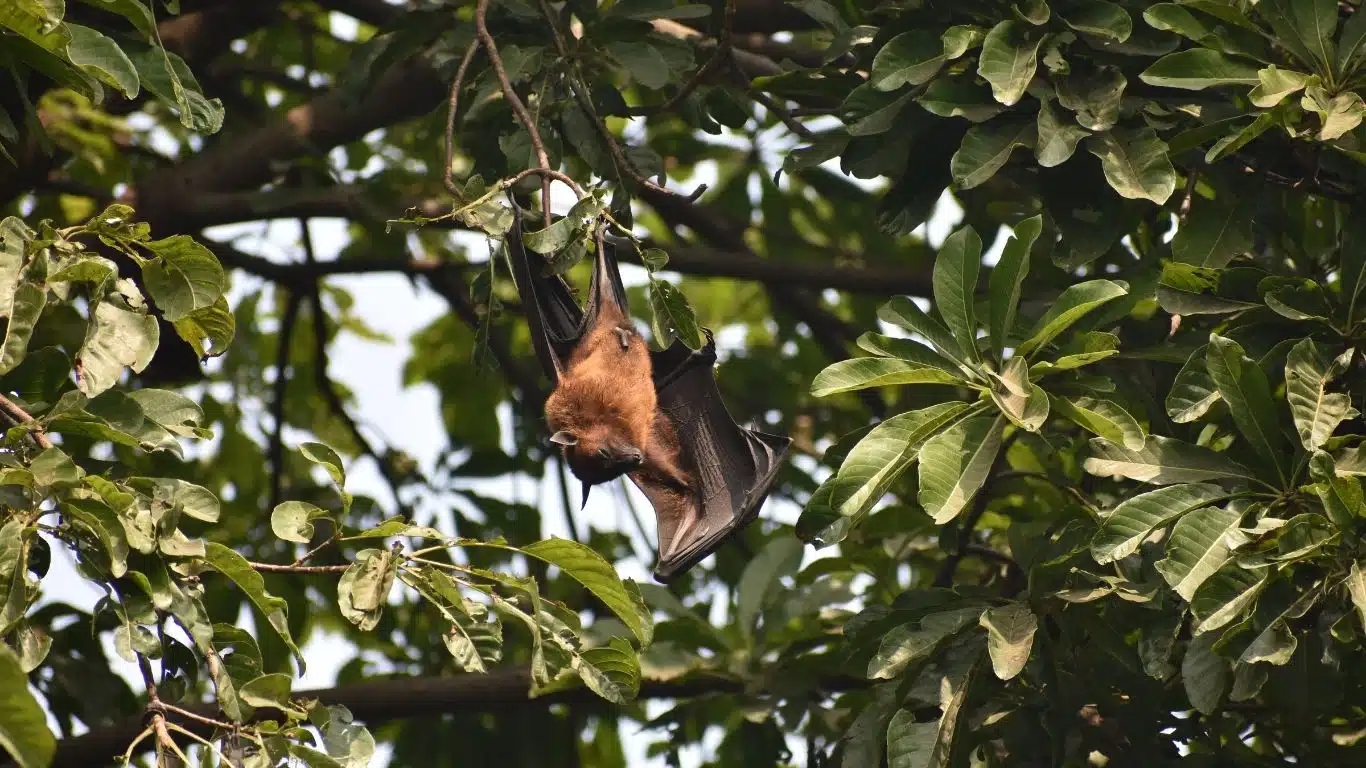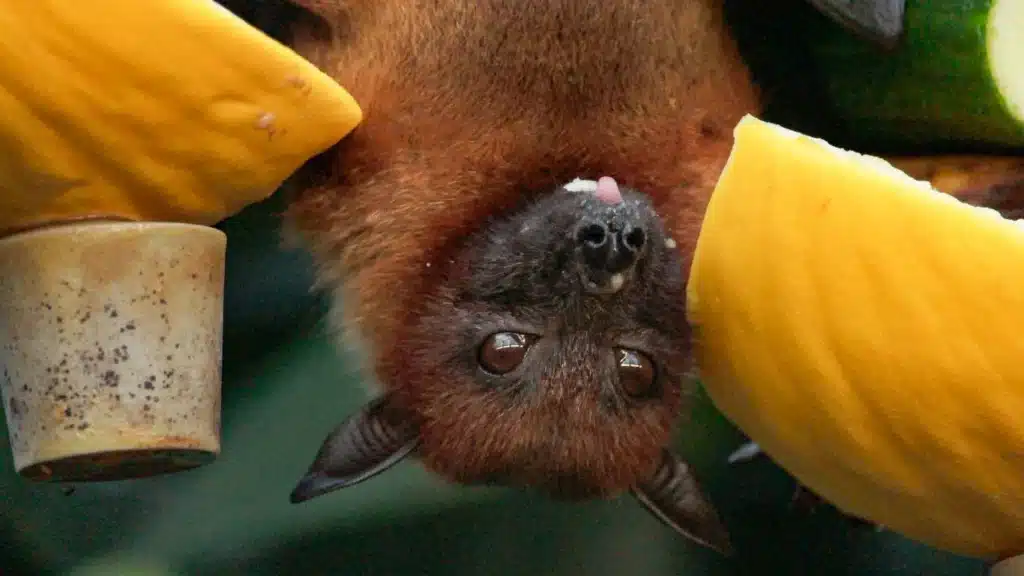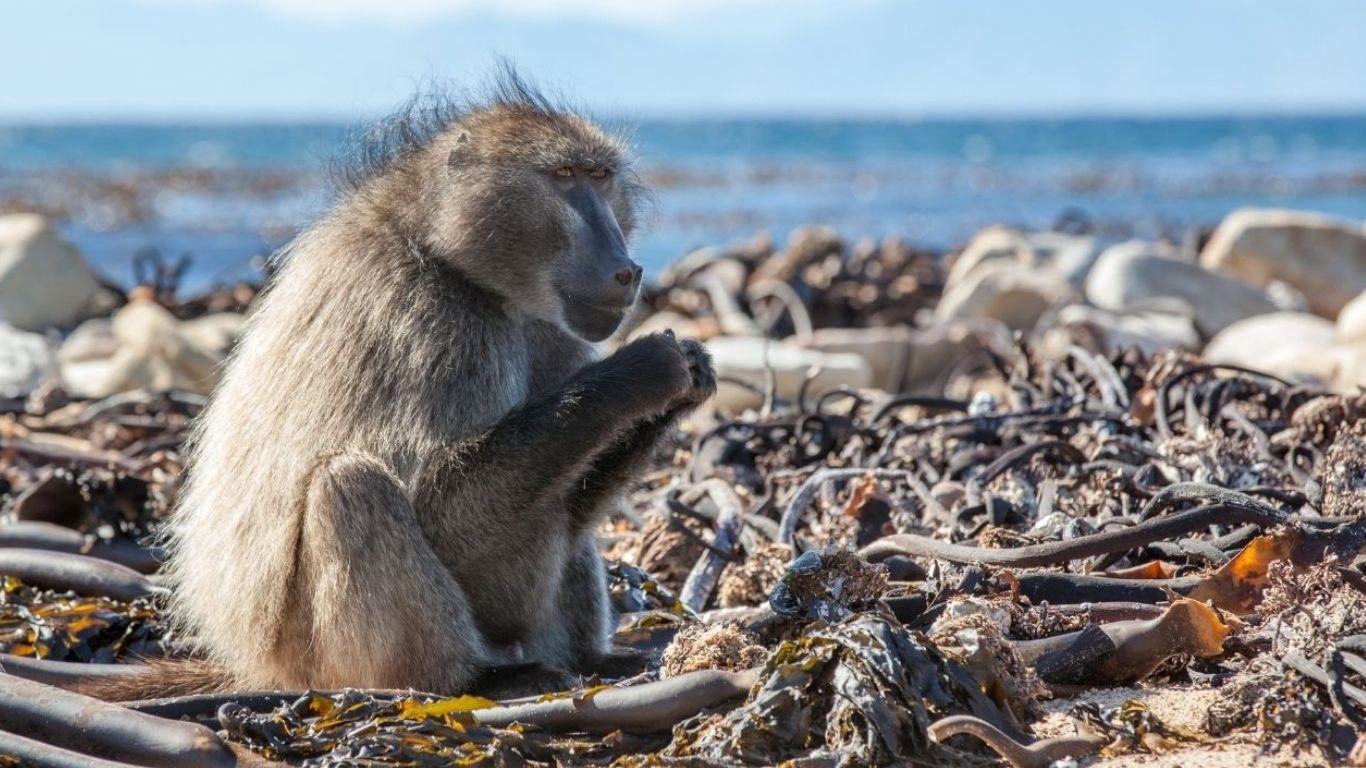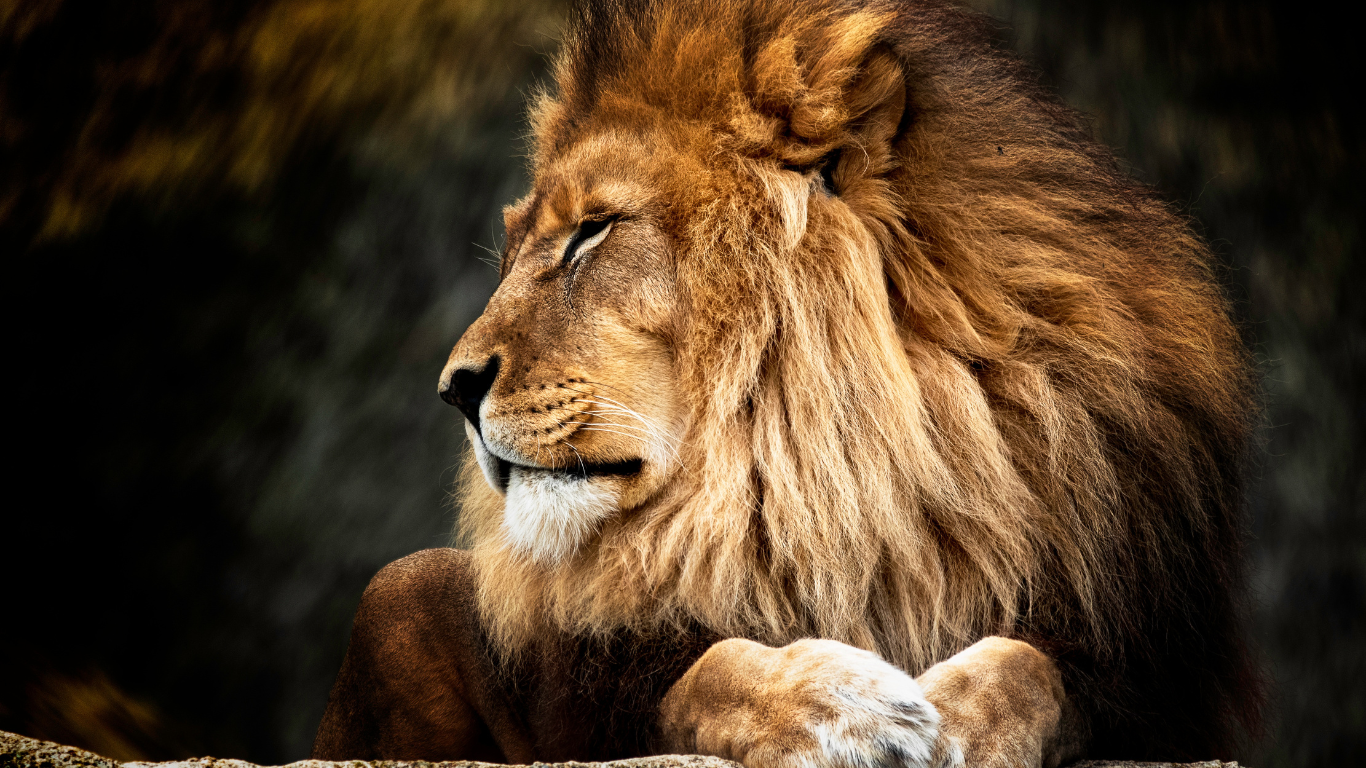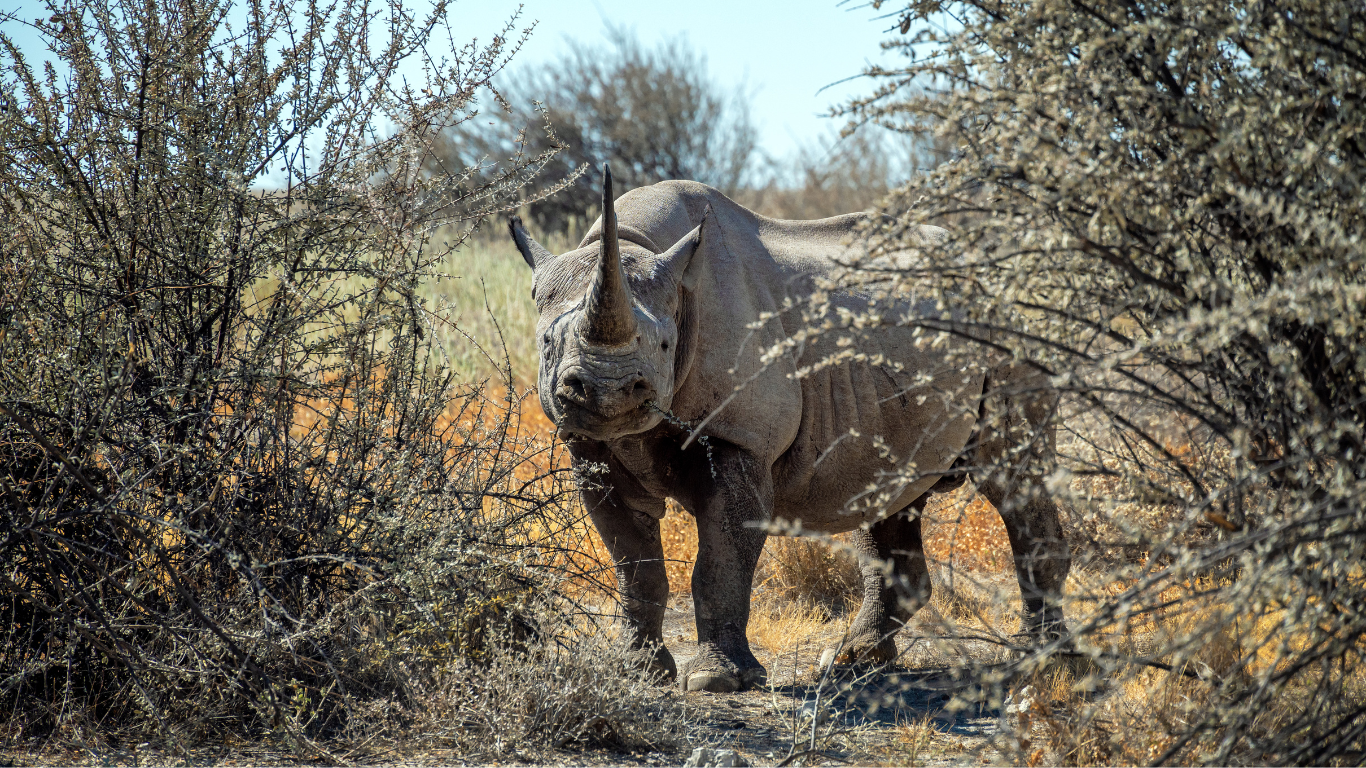Article written by Karen Shih
Originally published by Phys.Org (Wed, 24 Oct, 2023)
It's officially spooky season: Nights are creeping in earlier. A fall chill has descended. Skeletons and witches and jack-o-lanterns dot every street.
So you can expect to see swarms of bats swooping overhead as you greet trick-or-treaters, right?
"Unfortunately, the month when we finally stop and think about bats, they're not as available to see in this area," said University of Maryland wildlife biologist Shannon Browne, Ph.D. '21, a bat expert and lecturer in the Department of Environmental Science and Technology. Instead, they're most active in the summer, when their preferred prey, insects, are plentiful. Browne remembers watching bats dive around her aunt's swimming pool in Bowie, Maryland, for sips of water.
For her doctoral dissertation, she examined bat populations in Maryland, Washington, D.C., Virginia and Delaware to determine the habitats where they're most active. She discovered that suburban neighborhoods are the favored sports for some of Maryland's vulnerable bat species, especially during fall mating season. Now, she's using these findings as she serves as an expert witness on how highway projects or building construction, such as widening the American Legion Bridge and adding toll lanes to I-270, could destroy bat habitats.
Browne explains why they're (mostly) not little Draculas, where they actually sleep, and why you do want them flittering around your backyard during the swampiest months.
Myth: They're after your blood
Out of the 1,400 bat species in the world, just three are vampire bats—and they don't live in Maryland. Instead, they prefer the warm, humid climates of Central and South America, and their preferred meal sources are large, domestic animals like cattle, horses and pigs.
"They are super cool and very specialized," Browne said. With special grooves in their teeth, they create a small nick in the skin. Their saliva has an enzyme that allows blood to continue flowing instead of clotting. Research on these palm-sized bats could help lead to treatments for strokes and other human diseases, Browne said.
Myth: They always live in caves
During the warmer months, bats can roost in many areas: tucked into the loose bark of a tree, behind a leaf, hanging from the eaves of a church or curled up in the rafters of an abandoned barn. The 10 species that live in Maryland are tiny, weighing as little as a nickel and as much as a quarter, and are about the size of a hand with their wings extended. During the winter, half these species migrate south, and the others head into caves to hibernate.
"Caves offer a great winter hibernating habitat," said Browne. With constant humidity levels and temperatures a degree or two above freezing, they offer a safe environment where bats can huddle together or on their own, out of the elements and protected from predators.
Myth: They can't see
While bats are famous for using echolocation, they do have some vision. Echolocation requires a lot of energy, so they use it judiciously.
"They're basically screaming at an extremely high frequency," she said. They have to think, "Is it worth my effort, the calories, to explore this thing that may be food, or to decide if this is an obstacle or predator I need to avoid, or a potential mate I should explore?"
They can use their limited vision to supplement echolocation as they travel familiar paths, she said, much like a human can commute home without stopping to carefully read every road sign.
Myth: They're just scary sky rats
Bats get a bad rep for carrying rabies (in fact, less than 1% do), but they play an important role in the ecosystem. In Maryland, they're one of the primary predators of pests like mosquitoes, stink bugs and crop-destroying beetles. Just one little brown bat, a species common in the state, can eat 1,200 insects in an hour. In other parts of the world, they pollinate plants like bees and feed on fruit and disperse seeds like birds to help rejuvenate entire forests.
Bats are under threat themselves, not only from human-induced habitat loss, but from White-nose Syndrome, a fungus that has killed nearly 7 million bats across the country since 2006. Wind turbines also cause mortalities in migrating bats and birds.
"We don't need to fear them. They are not trying to harm us," Browne said. "They're just going about their lives and raising families, just like we are."

